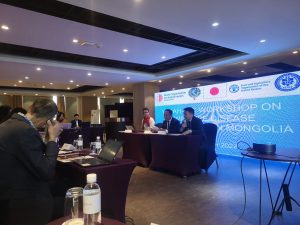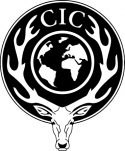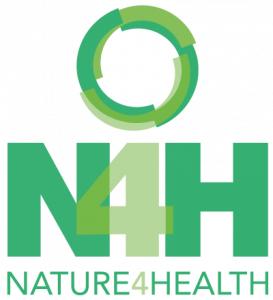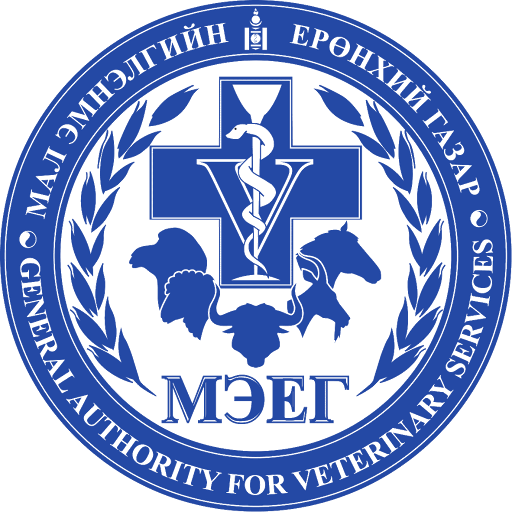
One Health Mongolia
A CIC Project
One Health is a global, comprehensive approach to addressing health threats at the animal-human-environmental interface, supported by organizations like the World Health Organization (WHO).
The CIC and the World Organisation for Animal Health (WOAH) kicked off the process to build Mongolia’s One Health Program in 2022, organizing a series of capacity-building workshops that brought together state, civil, and local stakeholders for an interdisciplinary exchange of ideas and practices.
In Mongolia, wildlife and herding communities coexist, but they face increasing threats. Diseases like Peste des Petits Ruminants (PPR) and Foot-and-Mouth Disease are endangering both wildlife and livestock, impacting the livelihoods of nomadic herders.
To address these challenges, the International Council for Game and Wildlife Conservation (CIC) launched Flying Vets Mongolia in 2022. This project, based on the One Health approach, aims to protect the health of wildlife, humans, and the environment.
By focusing on disease surveillance, community-based capacity building, and sustainable management, Flying Vets Mongolia empowers local communities to safeguard their heritage and future.
The project brings together veterinarians, conservationists, and herders to combat wildlife diseases by providing communities with the tools and knowledge to detect and report outbreaks early. This approach ensures that solutions are rooted in local knowledge and needs.
Flying Vets Mongolia is not only about treating disease but also about creating a future where wildlife and people can thrive together. The success of this project in Mongolia provides valuable lessons for future One Health initiatives in other regions, demonstrating the effectiveness of integrating wildlife conservation with human livelihoods.
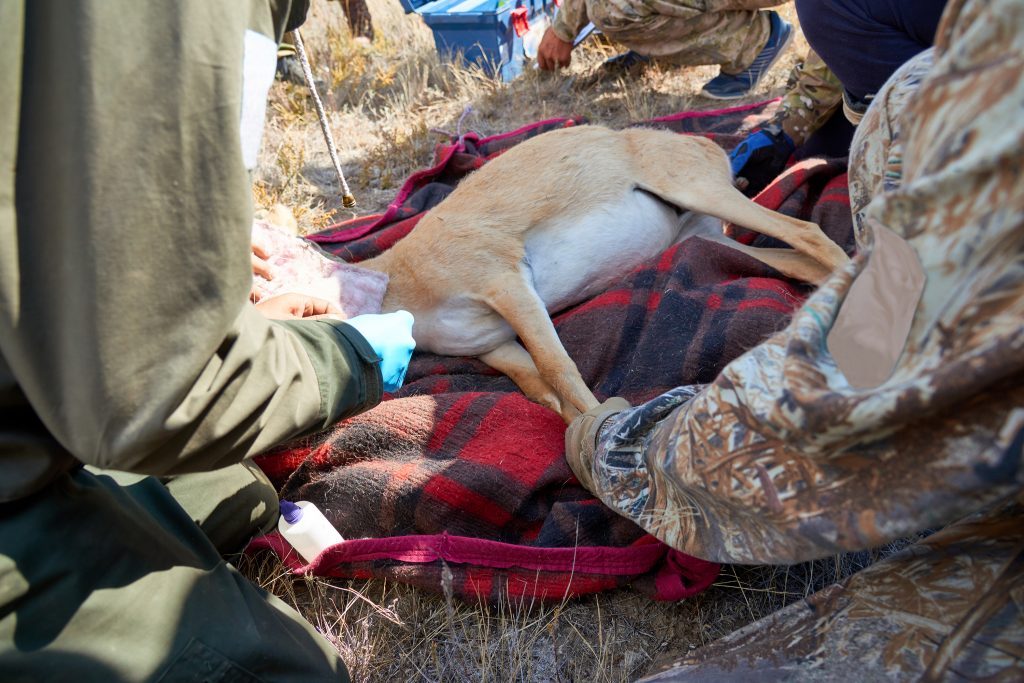
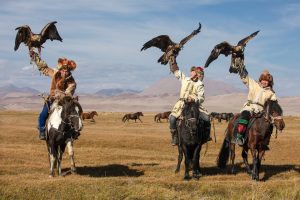
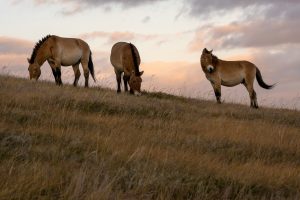
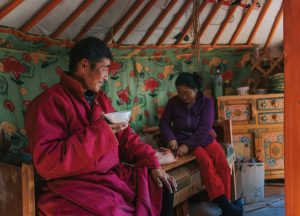

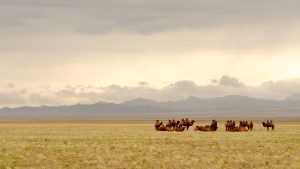

10:1 Ratio
of Mongolian people to livestock
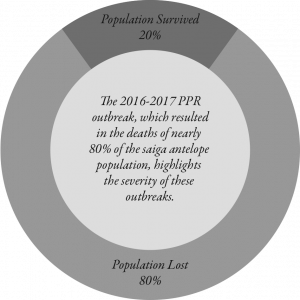
64% of Herder
households reported using dried manure as fuel.
Related Posts


Mongolia, N4H and the One Health Program: Scoping Mission Kicks Off in Ulaanbaatar!
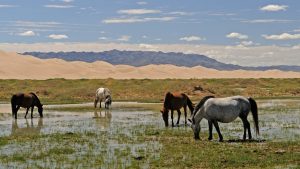
World Zoonoses Day 2023: The Flying Vets and One Health
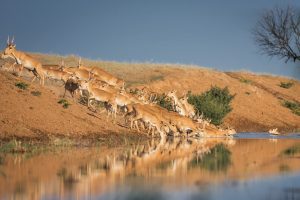
Flying Vets Project Accepted as a New IPSI Collaborative Activity

One Health Day and The Flying Vets
